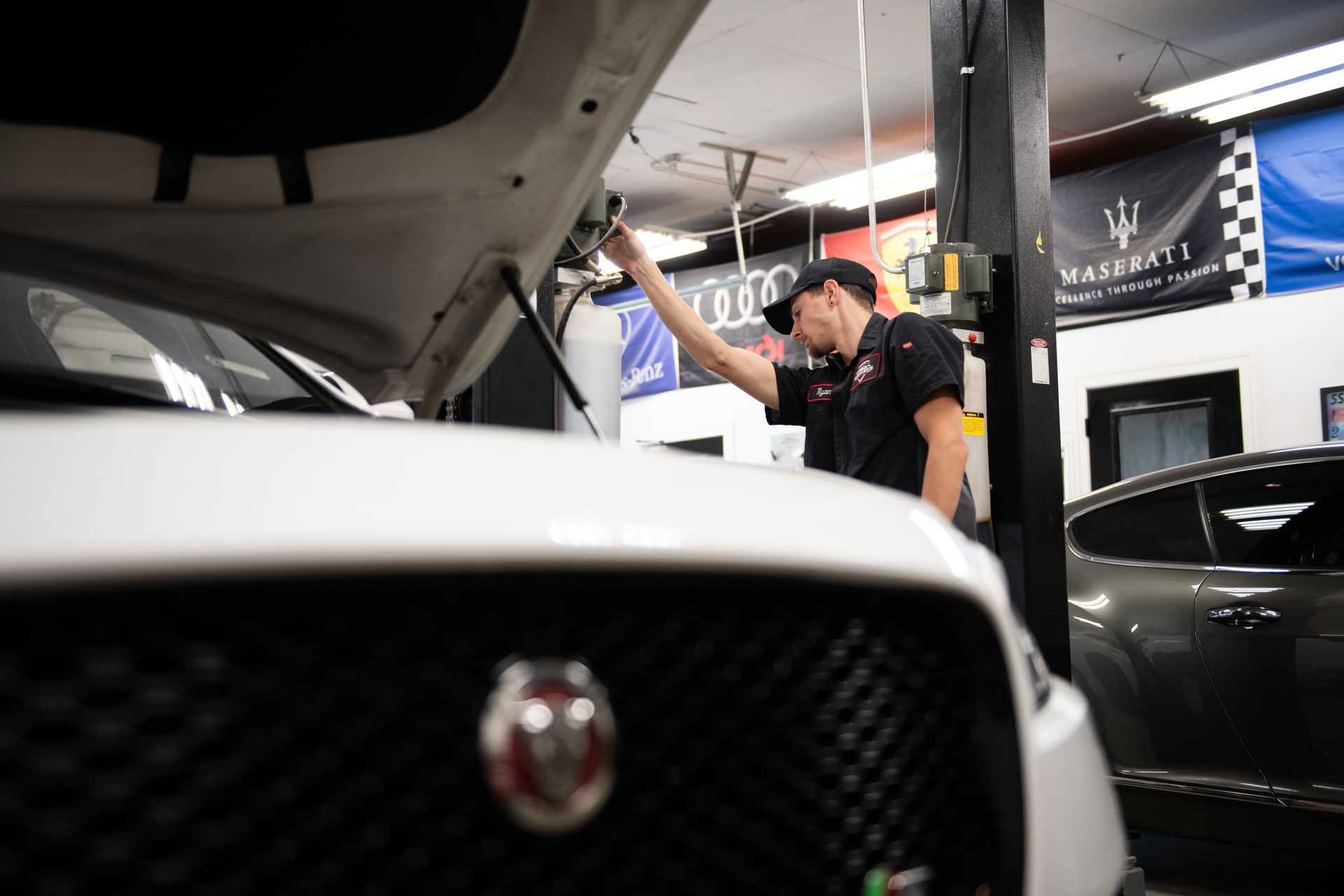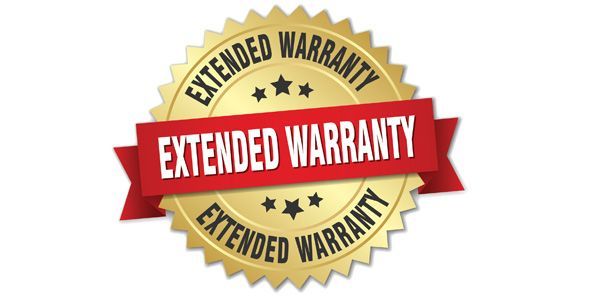The Connection Between Your Steering System and Fuel Efficiency
At Werner’s Elite Automotive in Indianola, IA, we believe that understanding how different systems in your vehicle work together is crucial for maintaining both performance and efficiency. One often overlooked relationship is between your steering system and fuel efficiency. Yes, your steering system, designed primarily to guide your vehicle, can significantly impact how much fuel your car uses. Understanding this connection can help you drive more efficiently, saving you both time and money.
How the Steering System Works
The steering system in your vehicle is responsible for transferring the driver’s input into the movement of the wheels. Whether you have a hydraulic or electric power steering system, the components must work together smoothly for the best driving experience. Your steering system includes several key parts:
- Steering Wheel: The part you interact with to control your vehicle’s direction.
- Steering Gear: Transfers the steering wheel's movement to the vehicle’s wheels.
- Power Steering Pump: (in hydraulic systems) Helps provide the necessary force to steer, especially at low speeds.
- Tie Rods and Ball Joints: Connect the steering gear to the wheels.
- Power Steering Fluid: Lubricates the system to ensure smooth operation.
Each of these components must function correctly to maintain vehicle stability, steering control, and overall safety. But how does this relate to fuel efficiency?
Steering and Fuel Efficiency: What's the Connection?
Most drivers know that factors like tire pressure, aerodynamics, and engine condition affect fuel efficiency. However, a misaligned or malfunctioning steering system can also increase fuel consumption. Here’s why:
1. Increased Rolling Resistance:
If your wheels are not aligned properly, they will not roll freely. Misalignment forces the engine to work harder to keep the vehicle moving, which increases fuel consumption.
2. Excessive Power Draw in Electric Steering Systems:
In vehicles equipped with electric power steering, any malfunction or inefficiency in the steering motor or electronics can draw additional power from the car's battery, increasing the workload on the alternator, and thus the engine. This results in higher fuel usage.
3. Fluid Issues in Hydraulic Systems:
Low or contaminated power steering fluid makes it harder for the steering pump to function. The added strain on the system causes the engine to work harder, consuming more fuel.
4. Tire Wear from Poor Alignment:
A misaligned steering system leads to uneven tire wear. Worn tires reduce traction and increase rolling resistance, which again makes the engine work harder, further reducing fuel efficiency.
Signs of Steering Issues Affecting Fuel Efficiency
Knowing the warning signs of steering issues can help prevent unnecessary fuel consumption. Here are a few indicators that your steering system may need attention:
- Pulling to One Side: If your car constantly pulls to one side, it’s a sign that your wheels are misaligned. Misalignment forces the engine to exert more energy to maintain a straight course.
- Steering Wheel Vibration: Steering wheel vibrations, especially when driving at higher speeds, can indicate problems with wheel alignment or unbalanced tires. These issues create more resistance and drag on the vehicle, increasing fuel usage.
- Hard or Noisy Steering: Difficulty turning the steering wheel or hearing unusual noises like whining or screeching could indicate a problem with your power steering system. Whether it’s low fluid, a worn belt, or a failing pump, all these issues force the engine to compensate, resulting in more fuel consumption.
- Uneven Tire Wear: If you notice that one or more of your tires is wearing down unevenly, it’s a sign that your steering and alignment are off. When your tires don’t contact the road evenly, your vehicle must use more power to maintain motion.
How Regular Maintenance Improves Fuel Efficiency
One of the best ways to ensure your steering system doesn’t negatively affect your fuel economy is by scheduling regular maintenance. At Werner’s Elite Automotive, we recommend the following steps to keep your steering system and fuel efficiency in top shape:
1. Wheel Alignment Checks:
A professional wheel alignment ensures your tires roll straight and evenly, reducing resistance and improving fuel efficiency. Alignment should be checked at least once a year or whenever you notice any pulling or steering issues.
2. Power Steering Fluid Flush:
Regularly flushing and replacing your power steering fluid can keep your system lubricated and functioning efficiently, reducing strain on the engine.
3. Tire Maintenance:
Keeping your tires properly inflated and rotated can reduce rolling resistance and extend the life of your tires. This ensures your steering system doesn’t have to work as hard to control the vehicle.
4. Inspecting Steering Components:
During routine maintenance, it’s essential to have your steering system inspected for wear or damage. Components like tie rods, ball joints, and the steering rack can wear down over time and affect fuel efficiency if not properly maintained.
Trust Werner’s Elite Automotive for Expert Steering System Care
Your steering system plays a more significant role in fuel efficiency than you might think. By addressing issues like wheel alignment, steering fluid, and component wear, you can ensure your vehicle runs more efficiently and consumes less fuel. At Werner’s Elite Automotive, we’re committed to helping our customers in Indianola, IA, keep their vehicles running at peak performance.
We encourage you to bring your car in for a comprehensive inspection, especially if you’ve noticed any of the symptoms mentioned above. Regular maintenance not only helps save on fuel costs but also ensures your car is safe and reliable on the road.
Our experienced technicians are here to provide expert care and advice, ensuring that your vehicle’s steering system – and its fuel efficiency – are always in optimal condition.









